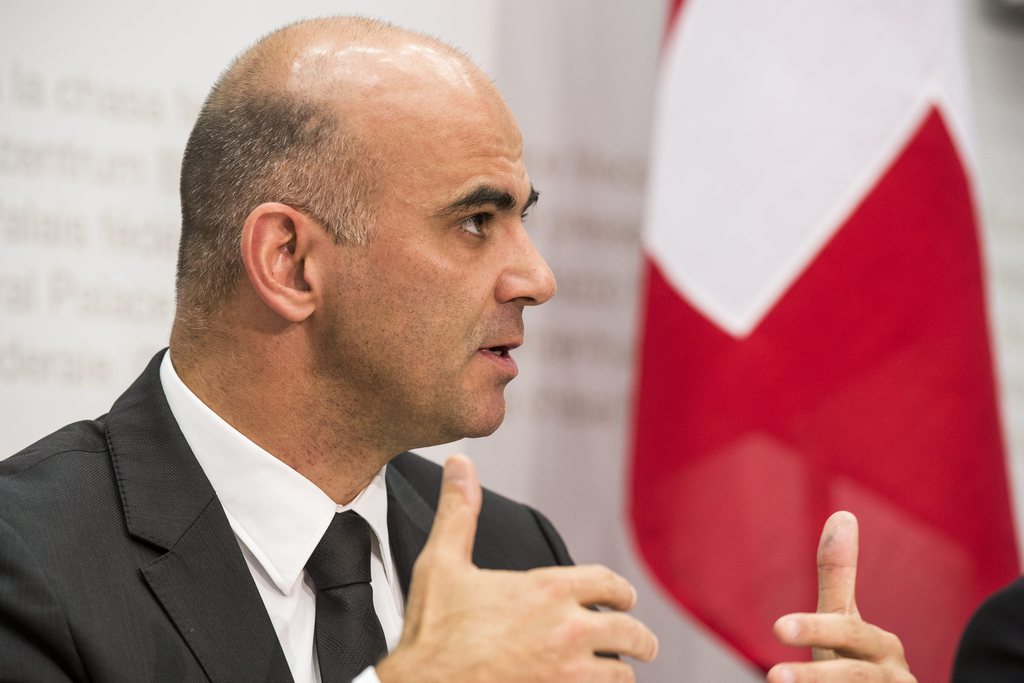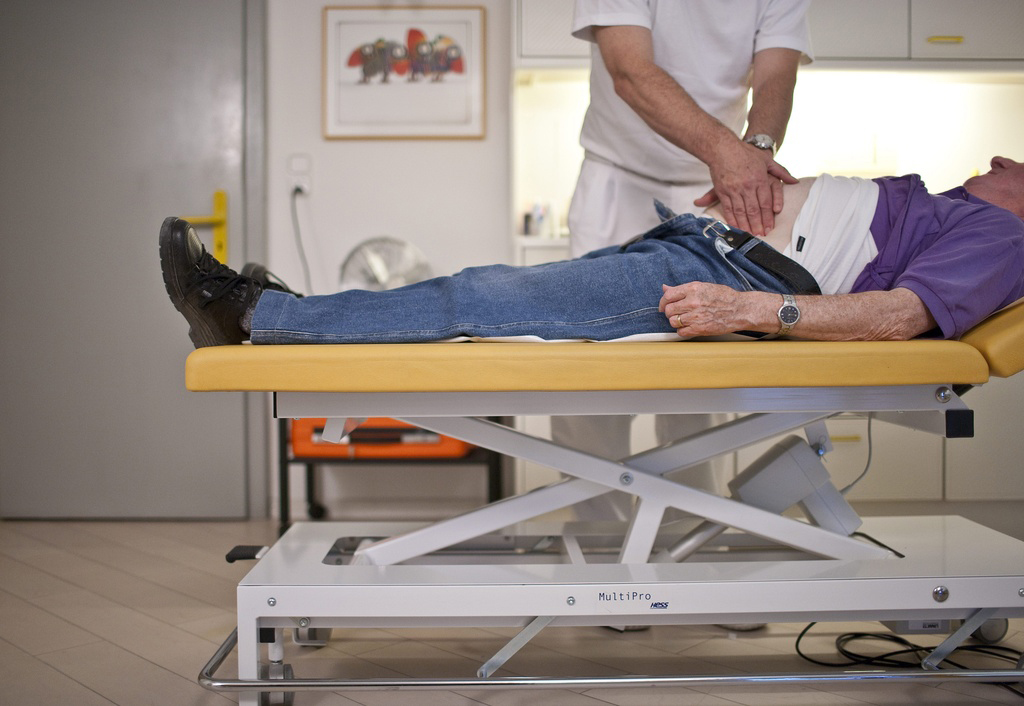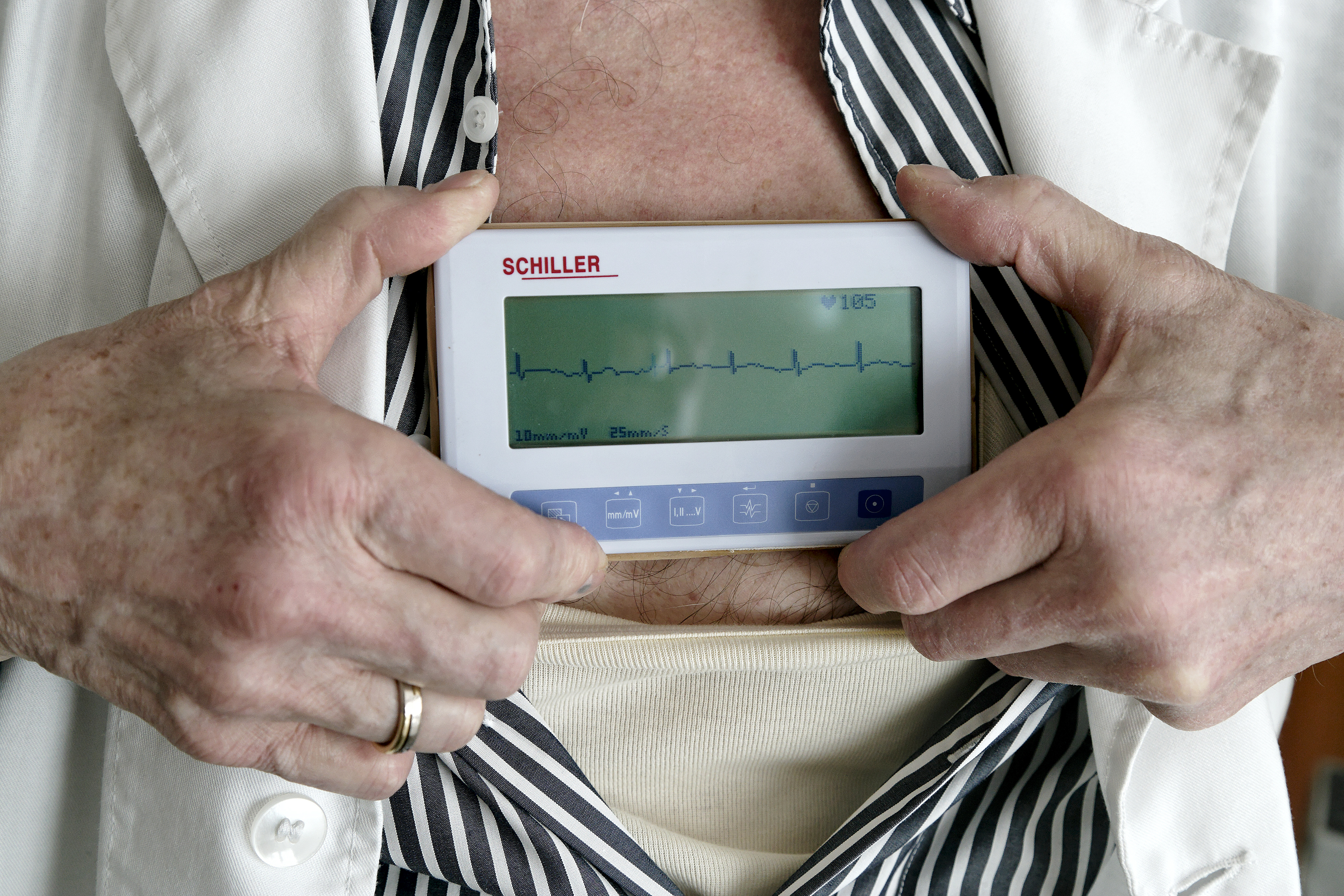Caps for new medical practices tabled

The cabinet is seeking to reintroduce limits on new medical specialists’ practices to rein in health costs and allow the cantonal authorities to improve the management of care provision in remote regions.
Interior Minister Alain Berset said the planned re-introduction of a moratorium on some practices and other restrictions would be limited to three years and was in response to several demands by parliament.
“It is a tried and tested method and the cantons know exactly how to apply it,” Berset, whose portfolio includes health matters, told the media on Wednesday.
The caps were first introduced by the government in 2002 and parliament extended the measure twice before it ran out at the end of last year.
As a result, the number of applications to open new practices for specialist doctors rocketed, notably in metropolitan areas such as Zurich and Geneva.
They were 1,542 requests in the first nine months of this year, compared with about 900 applications for the whole of 2011 according to the Federal Health Office. Top of the list are applications by psychiatrists and psychotherapists, as well as radiologists and plastic surgeons.
However, it is not clear how many of the requests were filed by doctors trained outside Switzerland.
According to the health insurance association, a new practice triggers annual costs of up to SFr500,000 ($536,000) on average per doctor under Switzerland’s semi-private healthcare system.
Foreign doctors
A survey by the Swiss Medical Association found that one in four practising doctors received their diplomas from a foreign university. In many hospitals foreign doctors outnumber local colleagues, raising concerns about quality standards.
The government is to discuss its plans with parties, organisations, cantons and institutions next month. It is part of a broader reform of the healthcare system to be tackled in two stages.
Berset said he hoped parliament will discuss the latest proposals early next year paving the way for the implementation of the restrictions next April.
In June, voters overwhelmingly threw out a decision by parliament to promote the creation of medical clusters comprising doctors, therapists, hospitals and pharmacies.
Berset described at the time the outright rejection as a missed opportunity to halt rising healthcare costs.
Switzerland is known for its high quality health system, but the sector saw costs increase by about 50 per cent over the past 15 years.
The country’s healthcare is universal.
In principle insurance is compulsory for all people residing in Switzerland.
Health insurance covers the costs of medical treatment and hospitalisation of the insured.
However, the insured person pays part of the cost of treatment.
This is done by means of an annual excess and by a charge of 10% of the costs over and above the excess up to a stop-loss amount of SFr700.

In compliance with the JTI standards
More: SWI swissinfo.ch certified by the Journalism Trust Initiative





You can find an overview of ongoing debates with our journalists here. Please join us!
If you want to start a conversation about a topic raised in this article or want to report factual errors, email us at english@swissinfo.ch.